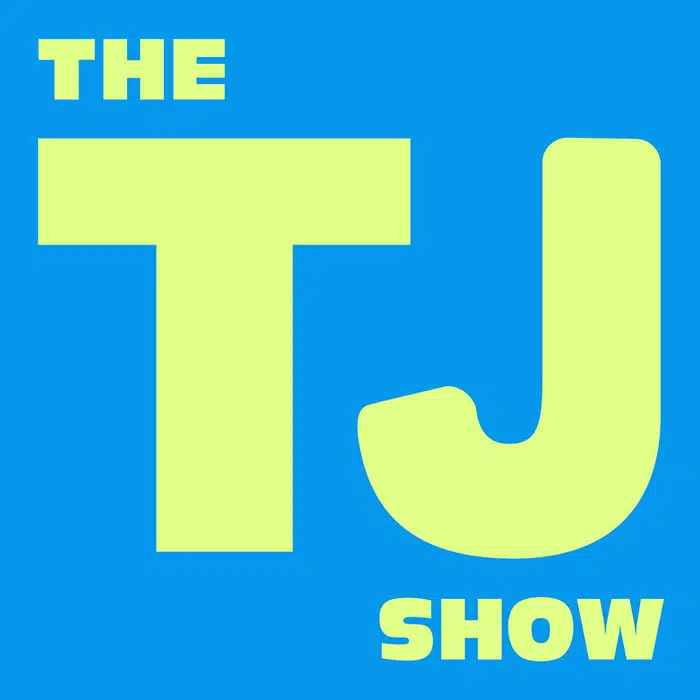By Alan Charlish
WARSAW (Reuters) -Poland holds a knife-edge presidential election on Sunday which will determine whether the largest country in the European Union’s eastern wing cements its place in the bloc’s mainstream or turns towards MAGA-style nationalism.
Turnout holds the key to the contest between Rafal Trzaskowski of ruling centrists Civic Coalition (KO), who holds a narrow lead, and Karol Nawrocki, backed by nationalists Law and Justice (PiS).
Parliament holds most power in Poland but the president can veto legislation so the vote is being watched closely in neighbouring Ukraine, as well as in Russia, the U.S. and across the EU.
Both candidates agree on the need to spend heavily on defence, as U.S. President Donald Trump is demanding from Europe, and to continue supporting Ukraine in its fight against Russia’s three-year-old invasion.
But while Trzaskowski sees Ukraine’s future membership of NATO as essential for Poland’s security, Nawrocki has recently said he would not ratify it as president as this could draw the alliance into a war with Russia.
Trzaskowski says strong relations with both Brussels and Washington are essential for Poland’s security, but Nawrocki, who met Trump in the White House in May, prioritises relations with the United States.
If Nawrocki wins, he is likely to follow a similar path to President Andrzej Duda, a PiS ally who has used his veto power to block the government’s efforts to undo the previous PiS administration’s judicial reforms which the EU says undermined the independence of the courts.
Coming around a year-and-a half since Prime Minister Donald Tusk took office, the vote provides the stiffest test yet of support for his broad coalition government, with Nawrocki presenting the ballot as a referendum on its actions.
Voting begins at 7 a.m. (0500 GMT) and is due to end at 9 p.m., with exit polls published soon afterwards. The electoral commission says it hopes final results will be announced on Monday morning or early afternoon.
Opinion polls show that the difference between the candidates is within the margin of error.
In 2023, huge queues outside polling stations in large cities forced some to stay open later than planned. Analysts said that high participation by younger, liberal, urban Poles was crucial in securing a majority for Tusk.
Trzaskowski is hoping that such scenes will be repeated on Sunday.
“Encourage everyone, so that as many Poles as possible vote in the presidential election,” he told a rally in Wloclawek, central Poland, on Friday.
Nawrocki, who draws inspiration from United States President Donald Trump and his Make America Great Again (MAGA) movement, told supporters in Biala Podlaska in the country’s east that “these elections could be decided by single votes”.
SOCIAL ISSUES
The two candidates also differ on social issues, with Trzaskowski favouring the liberalisation of abortion laws and introduction of civil partnerships for LGBT couples, while Nawrocki says predominantly Catholic Poland should reject such moves.
The first round of the election on May 18 saw a surge in support for the anti-establishment far-right, suggesting that the KO-PiS duopoly that has dominated Polish politics for a generation may be starting to fracture.
Nevertheless, after a tumultuous campaign in which Nawrocki in particular faced a slew of negative media reports about his alleged past conduct, once again candidates representing the two main parties are facing off in the second round.
PiS has traditionally enjoyed high support in small towns and rural areas, especially in the south and east. These areas are typically more socially conservative than larger cities and poorer, creating a sense of exclusion that PiS has tapped into.
“They want to build a Poland for the elites,” Nawrocki told voters in Biala Podlaska, referring to his opponents from KO.
“I am simply one of you, I am a citizen of the Polish state who has travelled a long road to be able to today face a person who is the creation of a political laboratory!”
KO, meanwhile, campaigns on a pro-European centrist agenda that appeals to more liberal-minded Poles who mainly live in cities or bigger towns.
Trzaskowski took heart from the turnout at a rally in Ciechanow, central Poland.
“Looking at this mobilisation, I see how much hope you have – hope in a future in which Poland plays a leading role in the European Union,” he said.
(Reporting by Alan Charlish; editing by Philippa Fletcher)






Comments